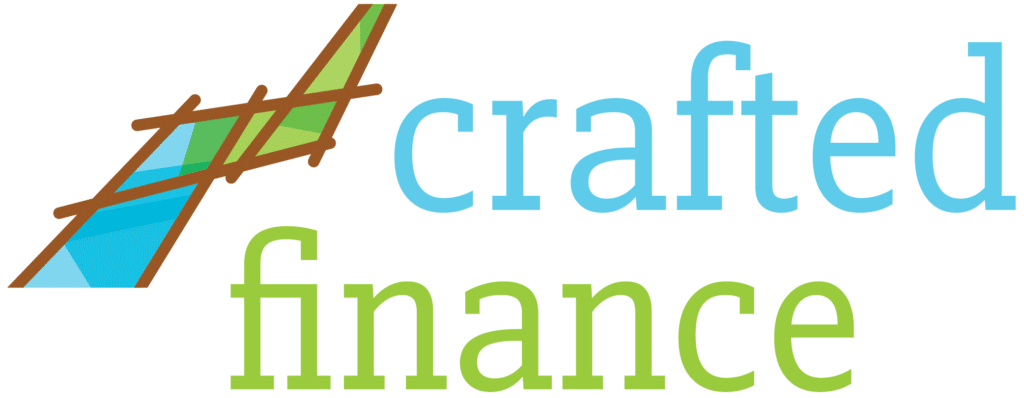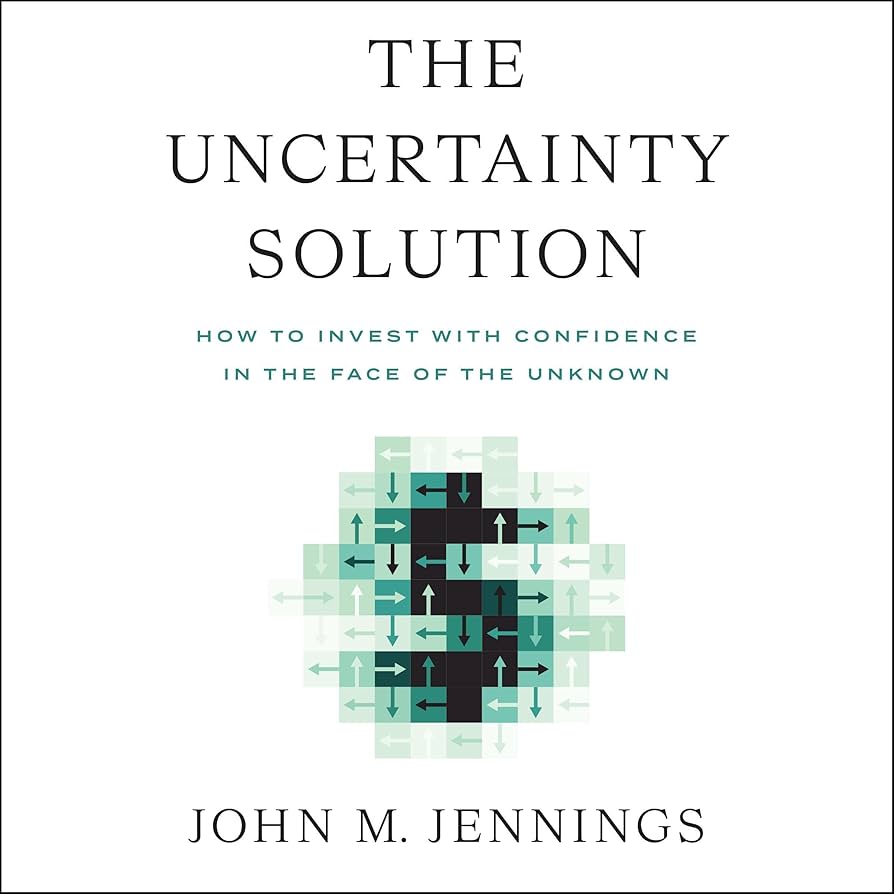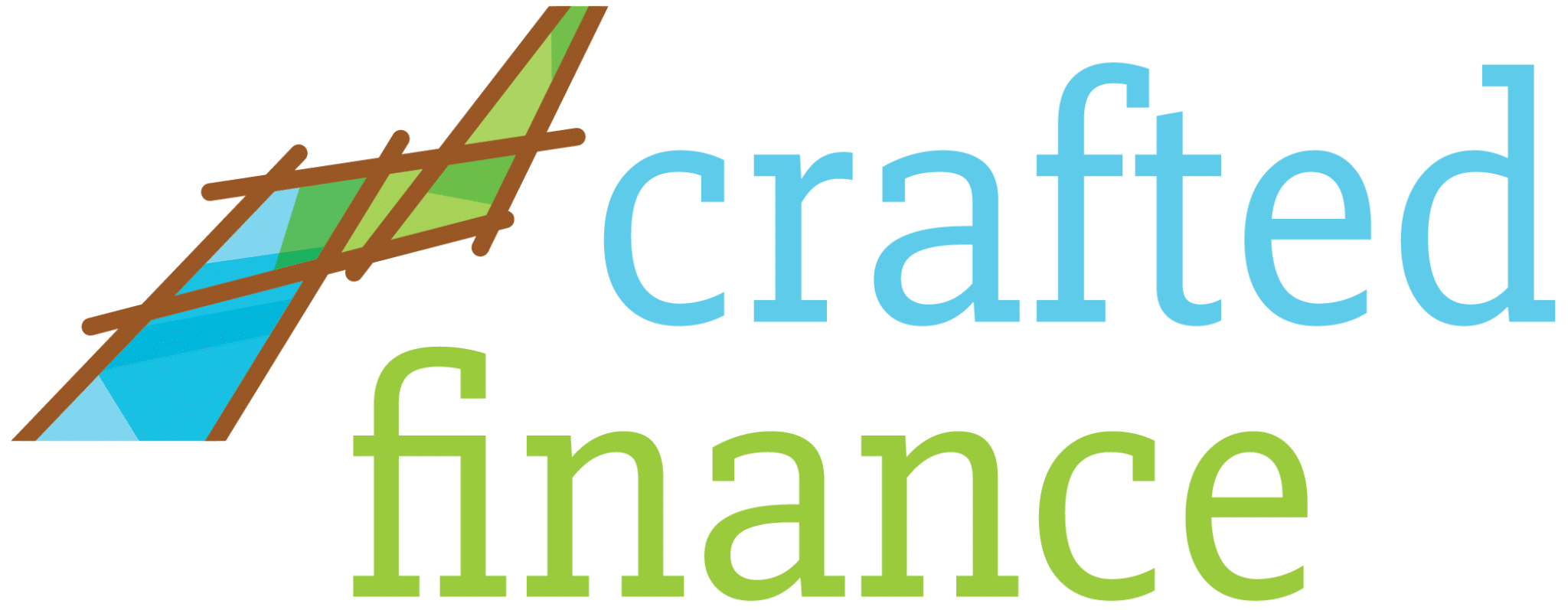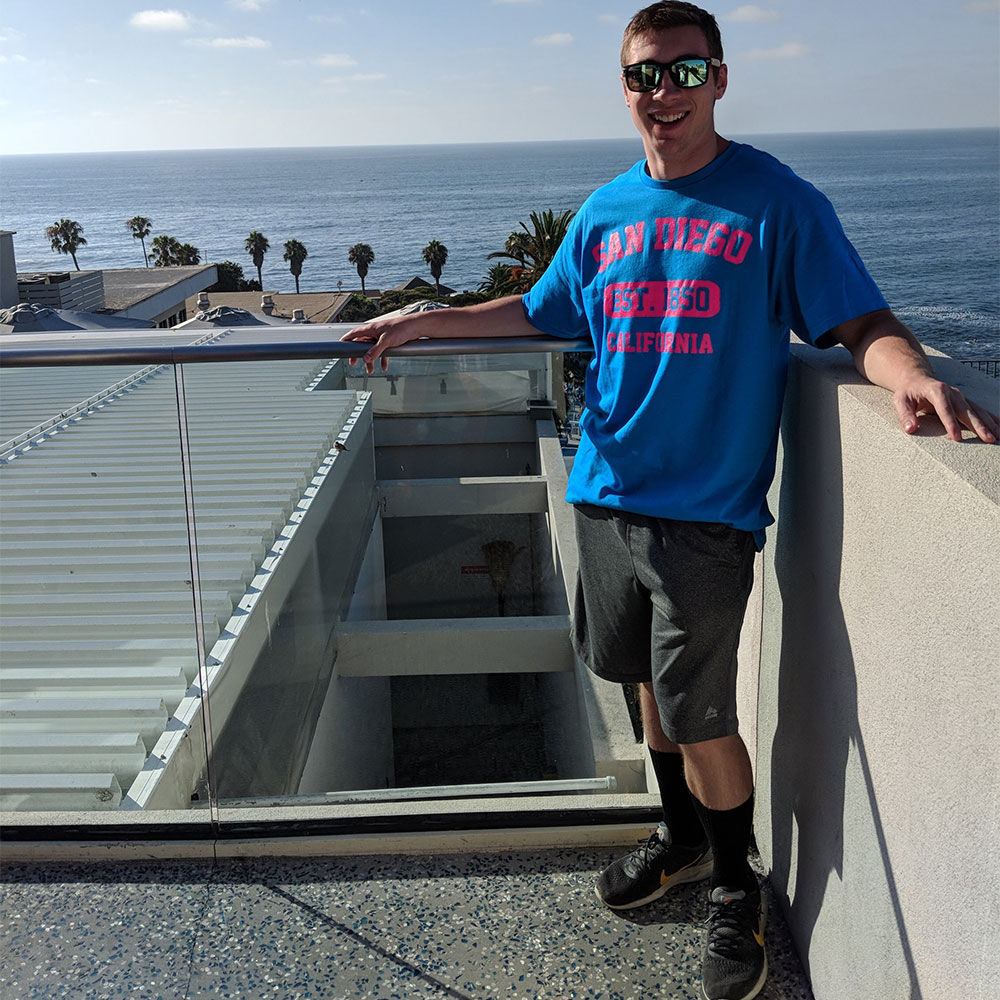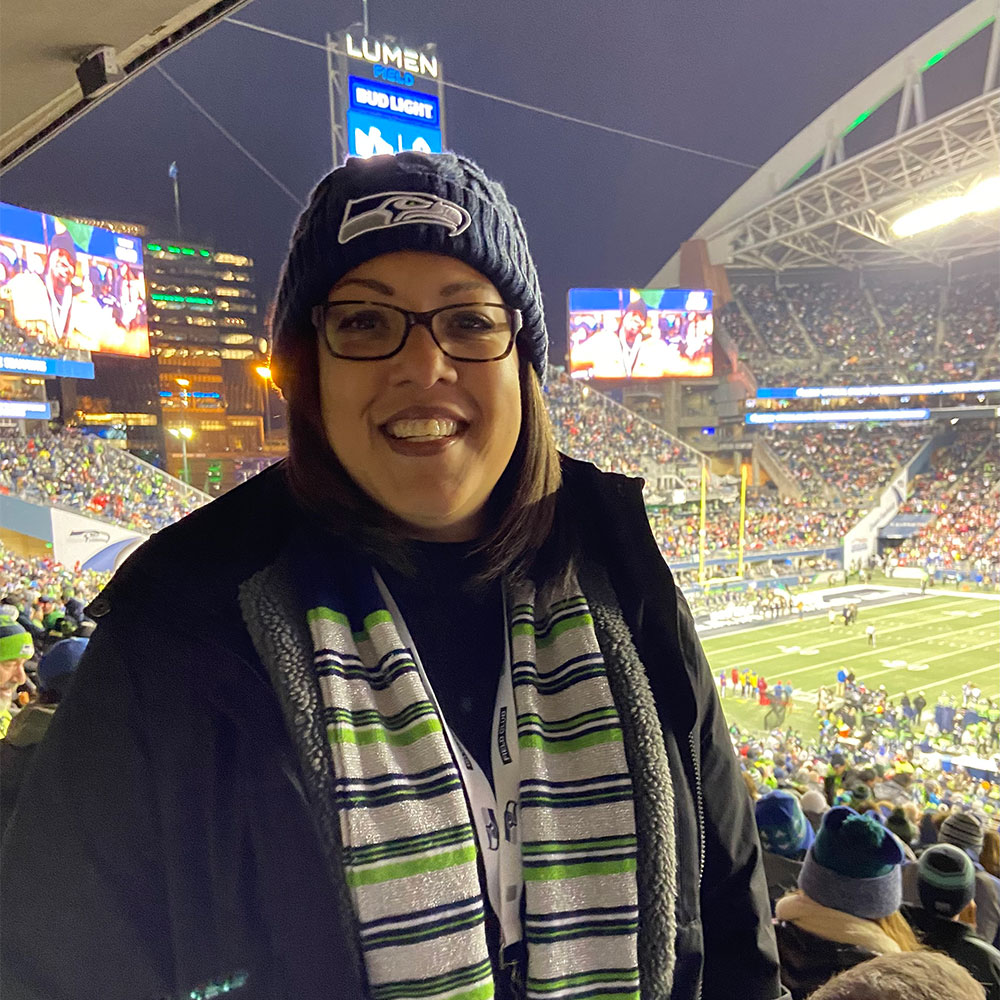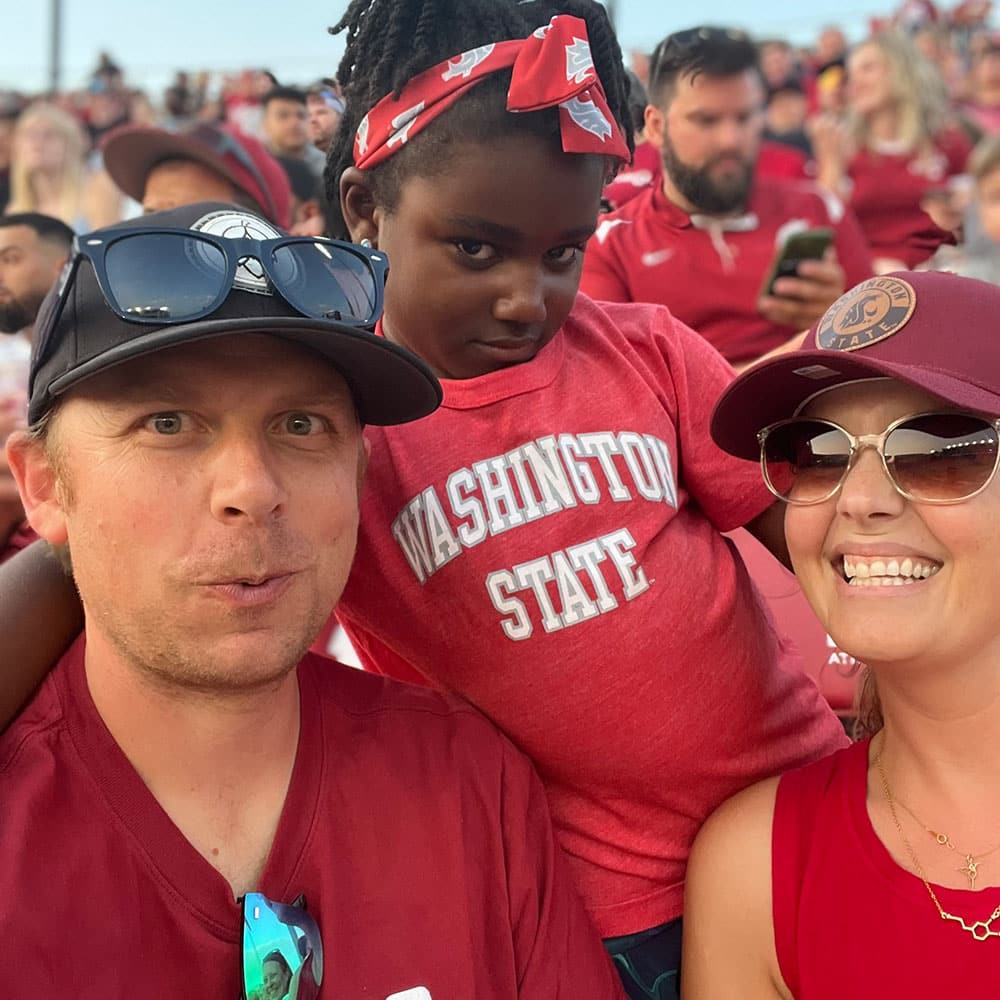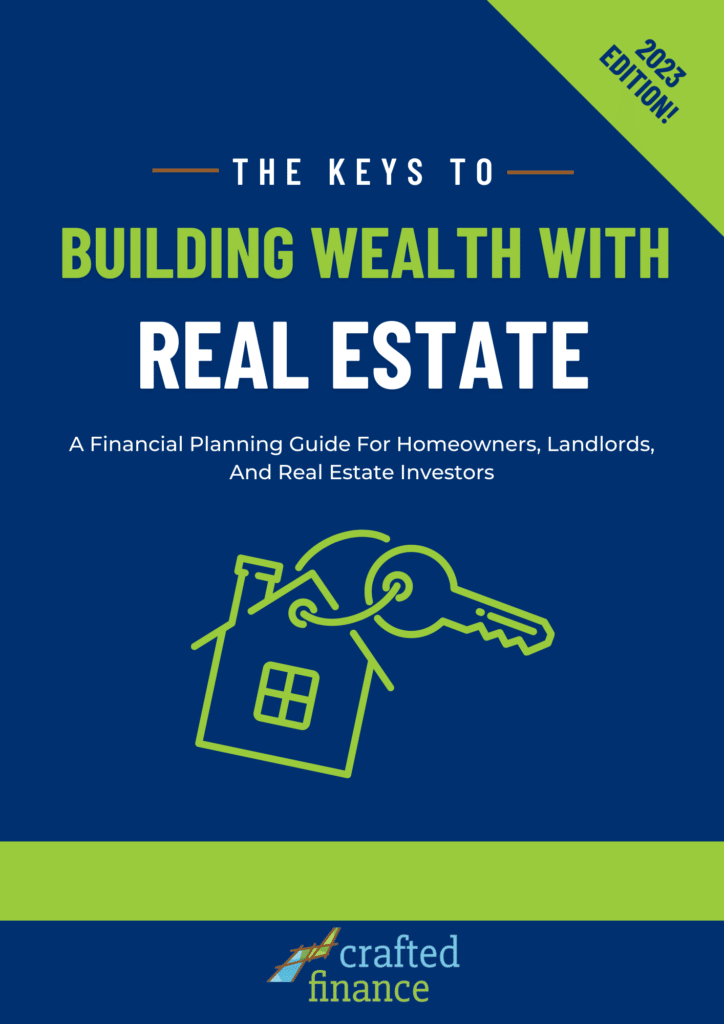Once your wealth hits a certain level, or you start saving for something really expensive like a house, the nature of low-risk cash becomes a lot more complex. This case study is for those who are unsure of how to allocate cash equivalents at much higher thresholds. Below, you’ll take a look at a hypothetical example similar to the stories of some of our clients.
The Backstory
Imagine if Alisha and Derrick Williams weren’t just our next-door average earners, but instead, they’ve made it to the big leagues, like the 1 percent kind. With a bank balance that makes even ATMs raise an eyebrow. That being said, the Williams’ also need to shift some of their large pile of cash to a real estate property in the next one to two years.
The Problem
The Williams’ don’t feel confident about where to stash their cash. They know they’re missing out on income and growth keeping so much of it safely in the bank, but don’t feel comfortable risking much of it either. They know FDIC insurance only covers up to $250,000 and for the Williams’, that’s a mere drop in their financial ocean.
So, the challenge: Where else should they consider locating this part of their wealth, ensuring liquidity, safety, and growth' How do they protect and grow their emergency fund and the amount they need soon to buy real estate'
The Solutions
The Williams family recently notified their advisor Joe Wride CFP® after the sale of their residence that a cash infusion was coming. They already had a sizeable emergency fund spread across two banks to get FDIC protection from each. Joe explains that there are multiple options to choose from in diversifying their large sum. Together they run through the following vehicles:
Multiple High-Interest Savings Accounts: Who said you can have only one' Splitting their emergency funds across several banks ensures more of their money stays under the warm, protective blanket of FDIC insurance. This is financial multitasking at its finest. Even if you were looking to maximize a smaller emergency fund, we’d recommend checking out:
- Ally Bank: Right now, Ally Bank is dishing out a 4.20% APY on savings accounts, and guess what? No need for a minimum balance (Joe’s a fan of this one, by the way). Plus, say goodbye to those pesky monthly fees!
- Capital One: Currently, Capital One is rolling out a 4.25% APY on their savings accounts. And the cherry on top? Zero monthly charges or mandatory minimum balances.
- SoFi: If you’re looking for a bank without minimum balance constraints, overdraft charges, or monthly fees, SoFi might just be your match. They’re currently boasting a 4.60% APY on their savings accounts.
- CIT Bank: Now, CIT is stepping up the game with a whopping 5.05% APY. There’s a catch (though not much of one with a higher net worth) to reap this interest, you’ve got to keep at least $5,000 in your account.
Money Market Mutual Funds: Instead of using a bank, some folks use their investment brokerage accounts. Here are three examples:
- Charles Schwab Value Advantage Money Fund (ticker SWVXX): No minimum. 7 day yield as of 4/24/2024 is 5.14%, expense ratio is 0.34%.
- Vanguard Federal Money Market Fund (ticker VMFXX): $3,000 minimum. 7 day yield as of 4/24/2024 is 5.27%, expense ratio is 0.11%
- Fidelity Government Cash Reserves (ticker FDRXX): No minimum. 7 day yield as of 4/24/2024 is 4.97%, expense ratio is 0.34%.
Treasury Bonds and T-Bills: As safe as those guarded vaults in heist movies, these are backed by the U.S. government. Treasuries offer guaranteed payments, predictable income, a range of maturities, and liquidity. At the moment, T-Bills are boasting impressive interest rates above 5%. For most, an ETF or mutual fund will do the trick. Some folks with huge piles benefit from individual treasury bonds.
Brokered CDs: These are CDs, but with a twist. Offered via brokerage firms, they give a tad bit more flexibility. If the Williams feel antsy, they can sell these on the secondary market. The catch' Prices can fluctuate, so it’s a game of timing. These often have FDIC protection as well.
Municipal Bonds: These bonds, from state or local governments, can be tax-free. For the Williams’, who are looking to dodge hefty tax bills, this could be a great addition to their savings protection plan. The interest paid on municipal bonds is usually fixed and involves a longer maturity date (years). However, the rates can still be impressive. Right now, rates are between 2.79% and 3.79% which means they aren’t as competitive now (even though they are tax-free) but very well could be if interest rates change.
***Please Note: High interest rates don’t last forever. Within a year, we may return to a lower-interest environment. You might be wondering, what should I do then' ***
When interest rates drop and become less attractive, here’s where you should look to put your cash (beyond your 3 to 6 months’ worth of emergency savings):
Short-Term Bonds: These are bonds with a maturity period of 0 to 2 years. They offer a range of risk levels, from relatively low-risk Treasury bills to higher-risk corporate bonds. Investing in short-term bonds can be a prudent way to preserve capital while still achieving modest returns, especially in a low-interest environment.
Intermediate Bonds: These bonds have a duration of 2 to 10 years. They encompass a diverse portfolio that includes treasuries, agency-backed securities, mortgage-backed securities, municipal bonds, and moderate to high-risk corporate bonds. This mix provides a balance of safety and higher yield potential, suitable for slightly longer investment horizons.
Long-Duration Bonds: With durations ranging from 10 to 30 years, these bonds typically focus more on treasuries but still include a variety of securities similar to those found in intermediate bonds. They are more sensitive to interest rate changes, making them suitable for those with a long-term investment perspective and a higher tolerance for market fluctuations.
Dividend-Paying Stocks: These stocks are particularly attractive in low-interest periods as they provide regular income through dividends in addition to potential capital appreciation. Companies that consistently pay dividends are often well-established and financially stable, which can offer investors a relatively safe investment compared to non-dividend-paying alternatives.
Structured Products: These are typically ETFs designed to limit downside risk while still capturing a portion of the upside potential of the markets. For example, a structured product might cap the maximum loss at a certain percentage, ensuring that investors do not lose more than a predetermined amount, even if the market declines significantly. Conversely, the trade-off is that they also cap the gains, taking a percentage of the returns as fees. This can be an appealing option for conservative investors looking to participate in the equity markets with reduced risk.
Conclusion
With wealth comes responsibility (and a lot more zeroes). The Williams, with their expansive emergency fund plus sinking fund for their next real estate purchase, realized they needed more than just a savings account to keep their money nimble and growing.
By using a diversified mix of high-yield savings accounts, CDs, money market mutual funds, and short-term bonds we implemented for them in a brokerage account, they ensured their money was not only safe from unforeseen circumstances but also from unforeseen market hiccups. They’re now far more confident that their wealth is continuing to grow, and they’re preparing for their future home purchase the right way.
For those riding high on the financial wave, the mantra remains: Diversify, stay informed, and keep a trusty financial advisor on speed dial. Because when you’re playing in the big leagues, every financial move is, quite literally, big.
Figure Out How To Save With A Larger Net Worth
At Crafted Finance, we love helping our clients continue to build wealth. However, emergency funds and saving for expensive purchases like a house get complicated quickly! Together we can review your specific situation and determine what account types and savings vehicles are best for you and your wealth.
Don’t hesitate to master your savings! Reach out to us today and discover how the best way to approach your most ambitious goals. Feel free to call us at (650) 336-0598, or schedule a complimentary appointment with us today.

